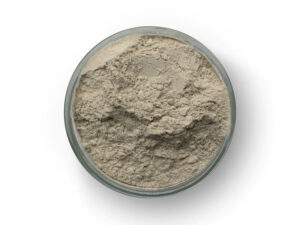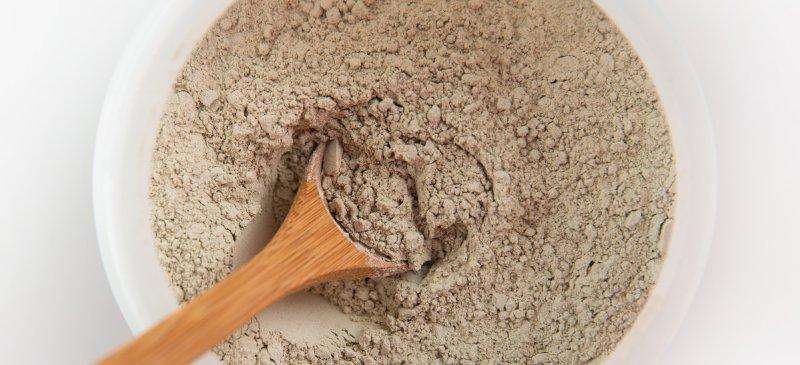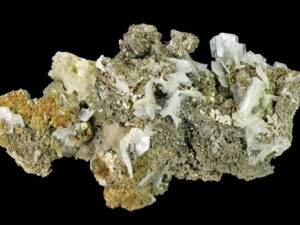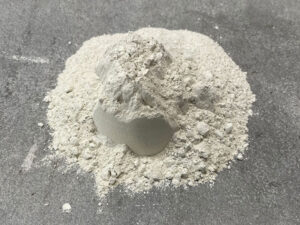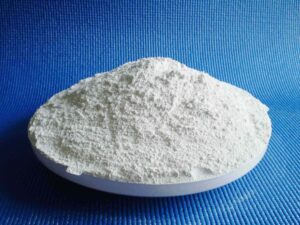Bentonite is a versatile and unique natural material known for its diverse industrial applications. In this article, we will delve into the specifics of a particular type of bentonite known as API Bentonite.
History and Origin
API Bentonite, or American Petroleum Institute Bentonite, has been a cornerstone in various industries for decades. It has its origins in the United States and was initially recognized for its exceptional qualities, which make it suitable for numerous applications.
Composition of API Bentonite
API Bentonite is primarily composed of montmorillonite, a clay mineral, which gives it the unique characteristics that are highly sought after in various industries. It also contains other minerals like quartz, feldspar, and gypsum, which contribute to its properties.
Types of API Bentonite
There are different variations of API Bentonite, each tailored to meet the requirements of specific applications. These variations are crucial in ensuring optimal performance in various industrial processes.
Read More: Kaolin
Industrial Applications
Drilling Fluids in the Oil and Gas Industry
API Bentonite plays a significant role in the oil and gas industry, where it is used as a key component in drilling fluids. It helps control borehole stability, lubricates the drill bit, and carries the cuttings to the surface.
Environmental Remediation
In the realm of environmental remediation, API Bentonite is employed to seal landfills, ponds, and other containment structures. It’s a vital tool for preventing the escape of hazardous materials into the environment.
Foundry and Iron Ore Pelletizing
Foundries utilize API Bentonite to bind sand grains in molds for metal casting. Additionally, it is used in the iron ore pelletizing process, where it aids in the formation of iron ore pellets.
Benefits and Properties
Rheological Properties
One of the standout features of API Bentonite is its rheological properties, which make it an excellent thickening and suspension agent. This property ensures that it can maintain a stable state under various conditions.
Filtration Control
API Bentonite exhibits exceptional filtration control capabilities, which are critical in preventing fluid loss in drilling operations. It forms a filter cake on the borehole wall, effectively sealing it.
Swelling Capacity
The swelling capacity of API Bentonite is a crucial factor in its ability to absorb and retain water. This property enables it to expand, creating a seal that’s resistant to the passage of liquids.
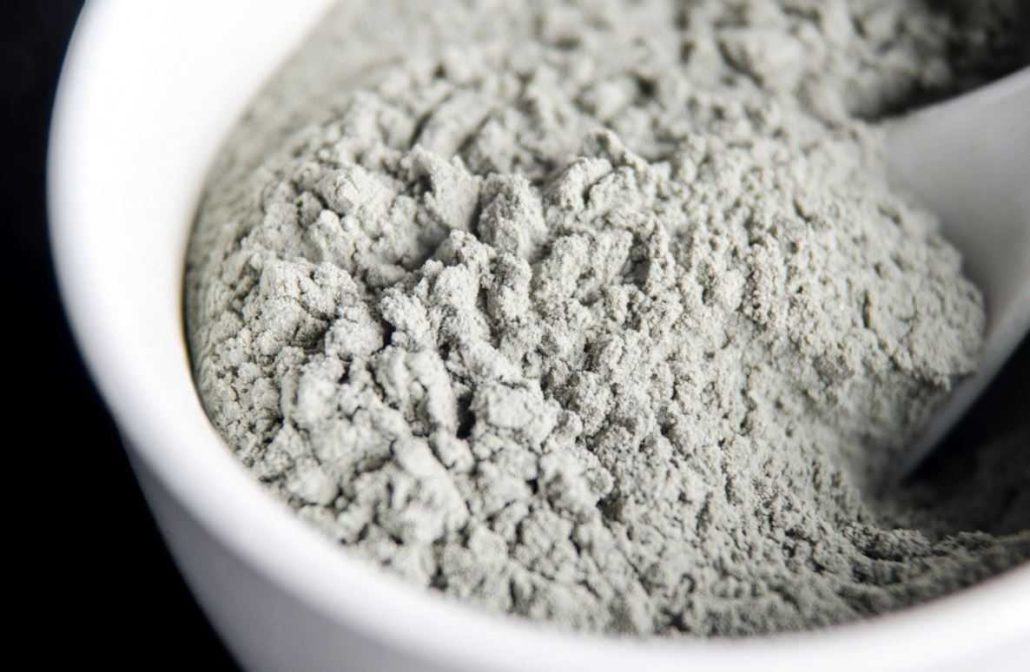
How API Bentonite is Extracted and Processed
Mining and Extraction
The process of obtaining API Bentonite begins with mining. Bentonite deposits are located and excavated to collect the raw material.
Purification Process
After extraction, the raw material undergoes a purification process to remove impurities. This process enhances the quality and performance of API Bentonite.
Quality Standards and Testing
API Specifications
API Bentonite is subject to rigorous specifications outlined by the American Petroleum Institute. These specifications ensure that it meets the quality standards necessary for its use in drilling fluids.
Quality Control in API Bentonite
Manufacturers of API Bentonite adhere to stringent quality control measures to meet the industry’s high standards. Quality is ensured at every stage of production.
Laboratory Testing Procedures
Laboratory testing is a crucial aspect of maintaining the quality of API Bentonite. Various tests are conducted to confirm its properties, purity, and suitability for specific applications.

conclusion
API Bentonite is a remarkable material with a wide range of industrial applications. Its unique properties and versatility have made it an indispensable resource in various sectors. The strict adherence to quality standards ensures that API Bentonite consistently delivers exceptional performance.


